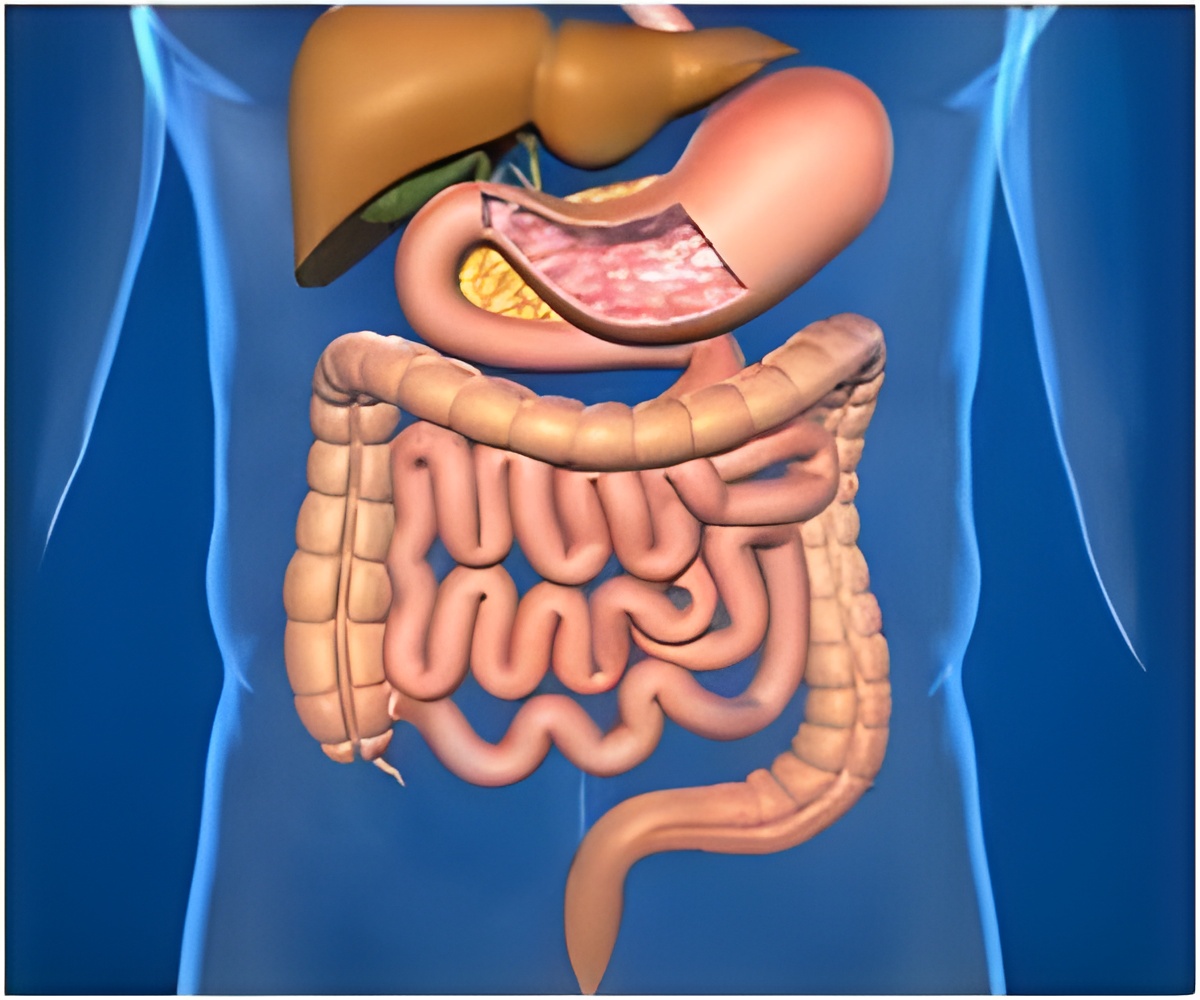Psychological issues may play a role in the severity of gastrointestinal symptoms, says research being presented at Digestive Disease Week® (DDW).

"Research continues to show us how intricately the mind and body work together in patients with gastrointestinal illness and emphasizes how important it is to treat the whole patient, not just the disease," said Robynne Chutkan, MD, FASGE, assistant professor of gastroenterology at Georgetown University Hospital. "Exercise and meditation are just a few of the alternative techniques that healthcare providers can introduce to their patients to help prevent and control the pain of disease."
Therapeutic impact of mindfulness meditation on irritable bowel syndrome (IBS): results of a randomized controlled trial (Abstract #219)
Mindfulness meditation has been reported to improve symptoms in chronic conditions such as fibromyalgia and depression and a recent study found benefits to IBS severity and symptoms. Investigators found that when compared with support group therapy, mindfulness meditation improved IBS severity and psychological symptoms more. After the same eight week period, symptom severity was reduced four times more in the meditation group. Mainstream medicine offers no cure for IBS and as many as half of patients do not see adequate improvement in their symptoms with conventional treatment. This research suggests mindfulness meditation as a widely available and inexpensive method that can provide individuals with skills they can use for the rest of their life.
Dr. Palsson will present these data on Saturday, May 7 at 2:15 p.m. CT in E451A, McCormick Place.
Predictors of Abdominal Pain in Depressed Pediatric Crohn's Disease Patients (Abstract #453)
Dr. Srinath will present these data on Sunday, May 8, at 10:30 a.m. CT in S402, McCormick Place.
Even an hour per week of low-intensity exercise decreases the risk for colon polyps, particularly among overweight and obese individuals, according to researchers at New York University Langone Medical Center.
Previous research has indicated that physical activity may be a protective factor in the development of colon cancer, but studies have not looked at its impact within different racial and ethnic groups. This study enrolled 982 middle-aged patients at a municipal hospital that serves a diverse low-income community, more than half were Hispanic, 20 percent were Asian, and 15 percent were African American.
Dr. Sanchez will present these data on Sunday, May 8, at 8:00 a.m. CT in South Hall, McCormick Place.
Source-Eurekalert
 MEDINDIA
MEDINDIA



 Email
Email










